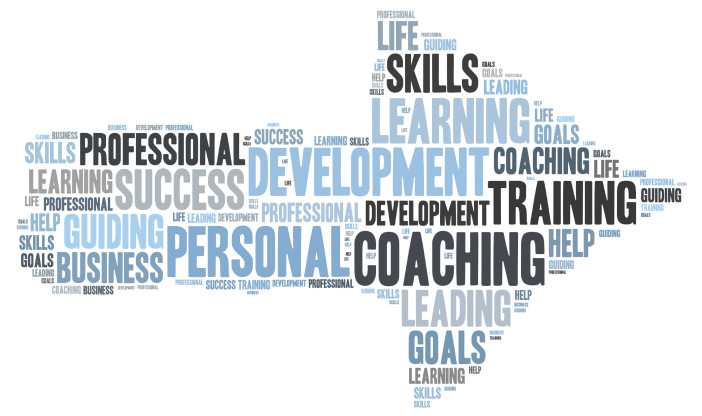
The question stared at me. How do you know you’ve hired a great facilitator? My insecurities started bubbling up. ‘Who, I thought to myself, am I to tell anyone what greatness is?‘
It’s not just that this is a very difficult question to answer, but to paraphrase Bill Clinton, “it depends what your definition of great is.”
Search the Internet and you will find several people who feel they have the credentials and expertise to parse the difference between facilitators that are good, and those that are great. I read those lists, and frankly, I wouldn’t rely on them as a litmus test for greatness.
For starters, the one thing I didn’t see on those lists was anything to do with learning objectives. I saw a lot about good listening skills, having a high energy level, being patient, and having a good sense of humor, but I didn’t see any criteria that referred to ‘making sure the learning objectives are met.’
It seems to me that meeting learning objectives should be the first criteria that any facilitator is judged by. Unfortunately, all too often, facilitation is judged by its “entertainment” value.
Several years ago, I was on a facilitation team that had one facilitator who always scored significantly higher than the rest of us on evaluations. In his spare time, he was a stand up comic. He was brilliant at entertaining the groups. The only catch: he, unlike the rest of us, didn’t always have time to follow the client’s facilitator’s guide. More often than not, he couldn’t get all the planned work done because it got in the way of his “shtick.”
Of course, you wouldn’t know that by reading his evaluations. Everyone loved him. Why wouldn’t they? He was funny. Very funny. He had high-energy, and his class was fun. It was like going to a comedy club from 9-5, five days a week.
The question that was never asked was, “what did you learn from him that will help you do your job better?” An even better question that should be asked six months to a year after the facilitation is, “What do you remember from that workshop that you are using in your job today?”
If the answer is, “ He was great.” “She was funny.” Or, “I had a good time,” then I would say he was probably not a great facilitator. Great facilitator’s help participants think through tough issues, examine their current thinking and biases, so they can make their own decisions about the topic being discussed with confidence and knowledge.
These are the kind of responses that help me gauge whether I was successful in doing my job.
“She did a good job using examples, she asked questions, this reinforced the material she was teaching.
Good interactive
Opened up a clean forum for the tough issues to be discussed
I appreciated the passion and knowledge she a brought to the session. I really enjoyed her personal story about her own company involving her employee it really resonated with me and made me think perception is everything. I acknowledge we had a big group and some employees prefer to keep quiet while others can be vocal, but I got the feeling certain employees had more of her attention.
Enjoyed the group activities around the DiSC theory, the explain/draw a picture activity and in general hearing about other peoples real world experiences. The first day of class could have used more interaction with the team.
Provided useful information about identifying management styles and how that can help improve communications between parties
I now know what I need to improve on
Very ingadging, invited dialoge, guided us in the direction she wanted us to go without having to be obvious.
Good job of getting everyone involved” *
Great facilitators come in a variety of styles. Some are high energy. Some are wickedly funny. Others are calm and more serious. They do all share one common trait – they establish trust. And, they establish that trust by being their authentic selves and allowing participants to be authentic, as well. Creating a trusting environment takes skill and greatness
Did I achieve greatness in that workshop? For some of the participants, I did. For others, I needed to do more.
Greatness, after all, is a constantly evolving destination.
* Verbatim feedback from a workshop facilitation.